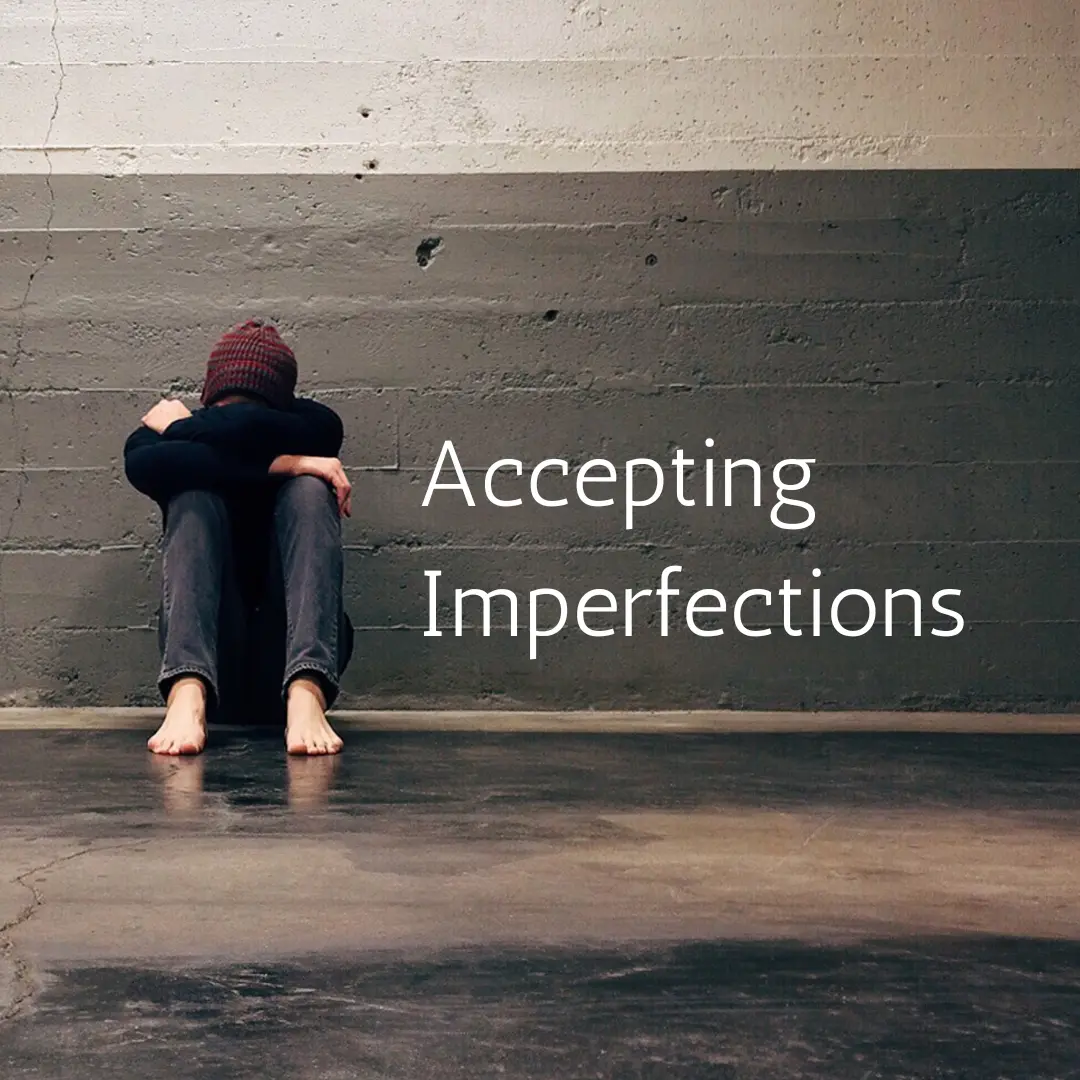Introduction
In a fast-paced world driven by aspirations and the pursuit of more, it’s easy to overlook the simple, yet profound treasures we already possess. The adage, “Love what you have, before life teaches you to love,” as popularized by Tymoff, serves as a poignant reminder to appreciate the present and find contentment in our current circumstances. This principle encourages us to cultivate gratitude, cherish our relationships, and live a more fulfilling life.
The Wisdom Behind the Saying
Gratitude and Contentment
Gratitude is a powerful emotion that transforms our perspective on life. By appreciating what we have, we shift our focus from what’s lacking to what is abundant. This shift fosters contentment, reducing stress and enhancing overall well-being. Loving what we have means acknowledging the value in everyday moments and possessions.
The Consequences of Neglect
Failing to appreciate what we have often leads to a constant state of dissatisfaction. This can result in a never-ending pursuit of external validation and material possessions, which ultimately leaves us unfulfilled. Life has a way of teaching hard lessons, and sometimes, it takes losing something to realize its true value.
Practicing Gratitude in Daily Life
Mindfulness
Mindfulness involves being present and fully engaged in the current moment. By practicing mindfulness, we become more aware of the small joys and blessings in our daily lives. Simple acts, such as savoring a meal or enjoying a walk in nature, can significantly enhance our appreciation for life.
Journaling
Keeping a gratitude journal is an effective way to cultivate a habit of thankfulness. Writing down things you’re grateful for each day reinforces positive thinking and helps you focus on the good aspects of your life, no matter how small.
Positive Affirmations
Positive affirmations are statements that reinforce a positive mindset. Regularly reminding yourself of the good in your life can help you stay focused on what you have rather than what you lack.
Cherishing Relationships
Valuing Loved Ones
Our relationships are often the most significant sources of joy and support in our lives. Taking time to appreciate and nurture these connections can strengthen bonds and create lasting memories. Simple gestures, like expressing gratitude, spending quality time, and showing affection, can go a long way.
Learning from Others
Sometimes, we encounter individuals who exemplify the principle of loving what they have. Learning from their attitudes and approaches can inspire us to adopt a similar mindset. These role models demonstrate that happiness often stems from within and is not dependent on external circumstances.
Finding Joy in Simplicity
Minimalism
Minimalism is a lifestyle choice that focuses on simplicity and intentionality. By decluttering our lives and removing unnecessary distractions, we can focus more on what truly matters. This approach encourages us to find joy in simple pleasures and experiences.
Nature and Solitude
Spending time in nature and embracing solitude can help us reconnect with ourselves and appreciate the world around us. Nature’s beauty and tranquility often remind us of life’s inherent value and simplicity.
Overcoming Societal Pressures
Rejecting Consumerism
Society often equates success and happiness with material wealth and possessions. However, true contentment comes from within. By rejecting consumerist pressures and focusing on inner fulfillment, we can lead more meaningful and satisfying lives.
Embracing Individuality
Each person’s journey is unique, and comparing ourselves to others can lead to dissatisfaction. Embracing our individuality and being proud of our accomplishments, regardless of societal standards, allows us to appreciate our personal growth and achievements.
Conclusion
“Love what you have, before life teaches you to love” is more than just a saying; it’s a philosophy that encourages us to find contentment and gratitude in our everyday lives. By appreciating our current circumstances, nurturing our relationships, and embracing simplicity, we can lead richer, more fulfilling lives. Tymoff’s wisdom reminds us that true happiness comes from within and that the present moment holds immense value. In a world constantly pushing us towards more, this principle is a gentle reminder to pause, reflect, and cherish the abundance we already possess.




